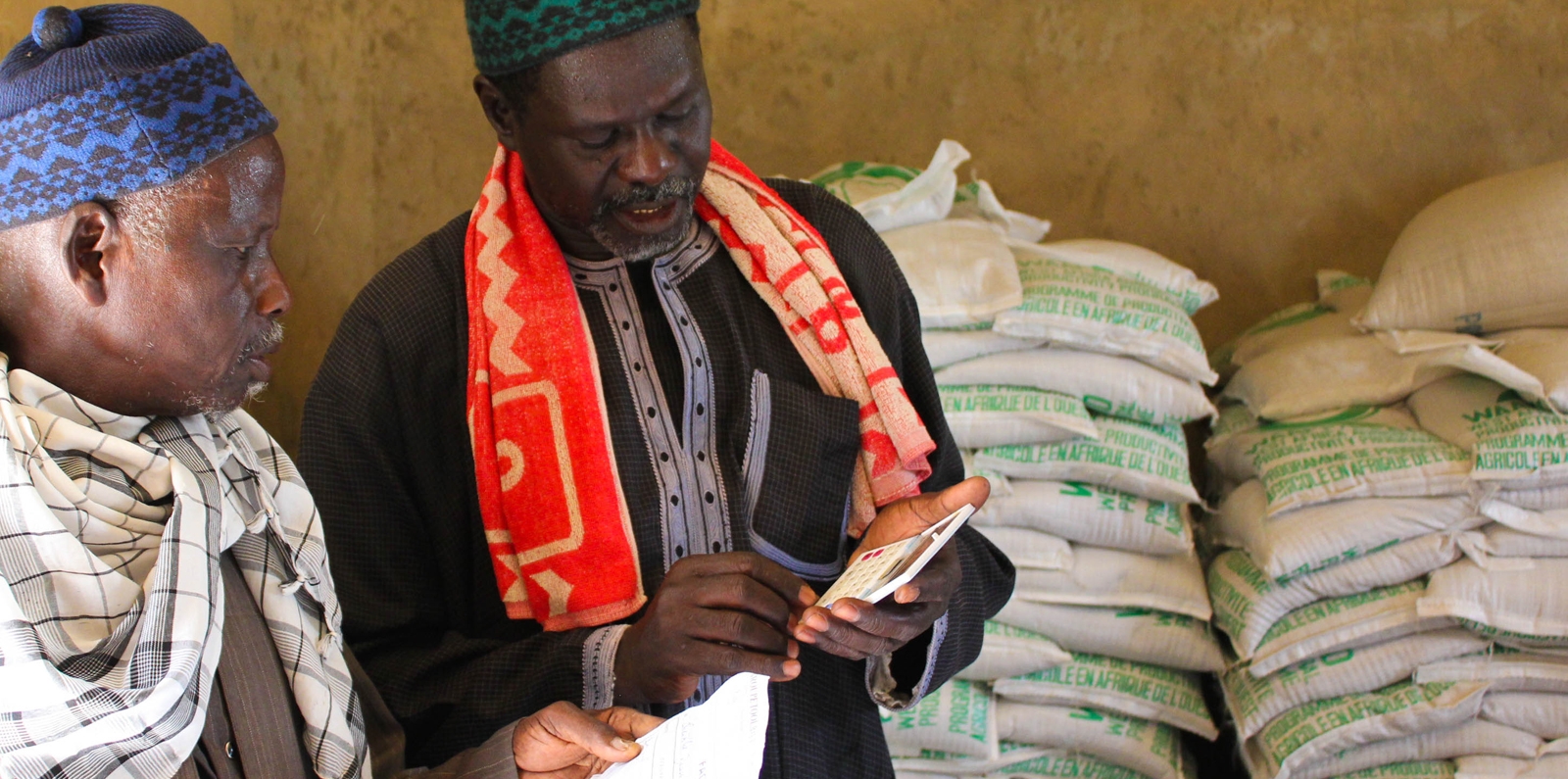About the Project
Access to finance is a major challenge for small farmers, especially those working in developing countries. Shut out from traditional forms of banking, these farmers have little access to formalized financing. At harvest time, with no credit, they are unable to store their crops in reliable and safe warehouses. Often working in remote areas, they find it difficult to get their harvested goods to market. In many cases, in the absence of warehouse finance loans, farmers are forced to sell their produce earlier than they desire, or to arrange financing through credit lines with local banks with fixed assets as collateral.
The Global Warehouse Finance Program (GWFP) supports the agriculture sector by enabling banks to provide commodity-backed warehouse financing through risk mitigation and development of skills in warehouse finance. Through GWFP, IFC supports local banks to develop commodity financing portfolios and skills in countries based on Warehouse Receipts (WHR) or other forms of collateral documentation for moveable assets. Under GWFP, IFC takes local bank risk and provides liquidity to those banks for on-lending to commodity owners or by providing guarantees to other funders to provide funding in local/foreign currency to banks. GWFP focuses on pre-export financing but also includes post-import financing and selective inventory financing for domestic sales, particularly to support food security crops or other support for agricultural productivity in IDA countries.
In Senegal, IFC and the Private Sector Window of GAFP will guarantee up to $20 million in loans made by Banque Internationale pour le Commerce et l’Industrie du Senegal (BICIS). This risk sharing facility will enable BICIS to increase its short-term financing operations to agricultural clients and will guaranteed up to fifty percent of BICIS’ warehouse finance transactions including rice and sugar imports. The project will also support food security across Senegal by increasing food availability through reduced food storages losses, support farmers’ income, and increase market access for producers.
Country
- Senegal
Project Status
ActiveFunding
PrivateSupervising entity
- IFC
Results
Improved food security, employment and livelihoods across Senegal
The main beneficiaries of this project will be importers of food crops and exporters of cash crops, who will be offered affordable finance as an alternative to expensive informal loans from middlemen. By financing more working capital to farmers, suppliers, processors, traders and others along the supply chain, the project will positively impact food security, employment and the livelihoods of many small farmers.
Improved storage conditions will reduce post-harvest losses
This project will help to reduce post-harvest losses by improving storage conditions and stakeholder accountability. It will allow commodity owners more freedom in timing the sale of their products, thus helping reduce income instability due to commodity price volatility – a big concern in markets such as Senegal where agricultural infrastructure is limited. The initiative will support capacity building of commodity exchanges and help to lower transaction costs in the markets by guaranteeing quantity and quality.
Limit risks to Senegal’s agricultural sector
By providing a first-loss guarantee, the project will help overcome perceived or real risks that currently limit access to finance to Senegal’s agricultural sector. In an advisory role, IFC will contribute its financial structuring expertise to BICIS, and will require BICIS to inspect warehouses to ensure borrowers are in compliance with E&S standards and to develop and implement appropriate E&S procedures.
Contact
Mr. Niraj Shah
Head, GAFSP Private Sector Window
nshah1@ifc.org
Washington, DC
Tel: 202 473 3743
